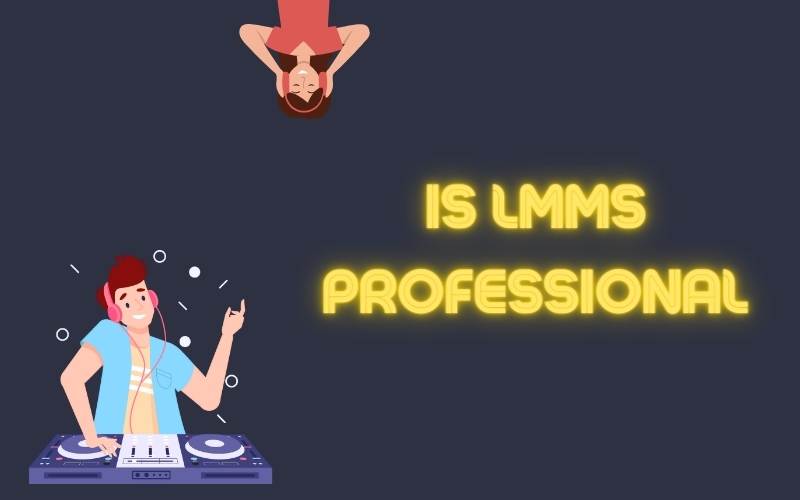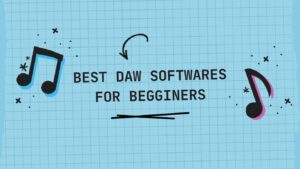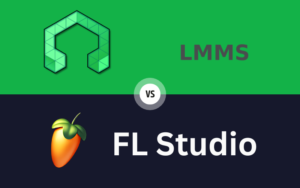LMMS is professional enough for many music production needs, offering a comprehensive toolset and community support, ranking it at 7/10 for use in a professional workspace.
Is LMMS Professional Enough for Your Music Production Needs?
In the music creation world, there are many tools and software options available. One such option is LMMS (Linux Multimedia Studio), which has sparked discussions about its suitability for professional music production. This article aims to explore LMMS’s features, its use in professional settings, its strengths and weaknesses, and how it can enhance your music production process,
Deep Dive into LMMS’s Professional Features
LMMS offers a variety of tools and features for creating music, including a wide selection of virtual instruments like synthesizers and samplers (e.g., ZynAddSubFX and TripleOscillator). These tools enable users to create diverse sounds, from electronic beats to more traditional melodies.
Another key feature of LMMS is its support for VST plugins. This means you can add more instruments and effects from other sources into your LMMS projects, greatly expanding your creative possibilities.
The software is designed to be user-friendly, with a drag-and-drop interface that simplifies the music-making process. This makes LMMS accessible to both beginners and experienced users, allowing for a smoother workflow.
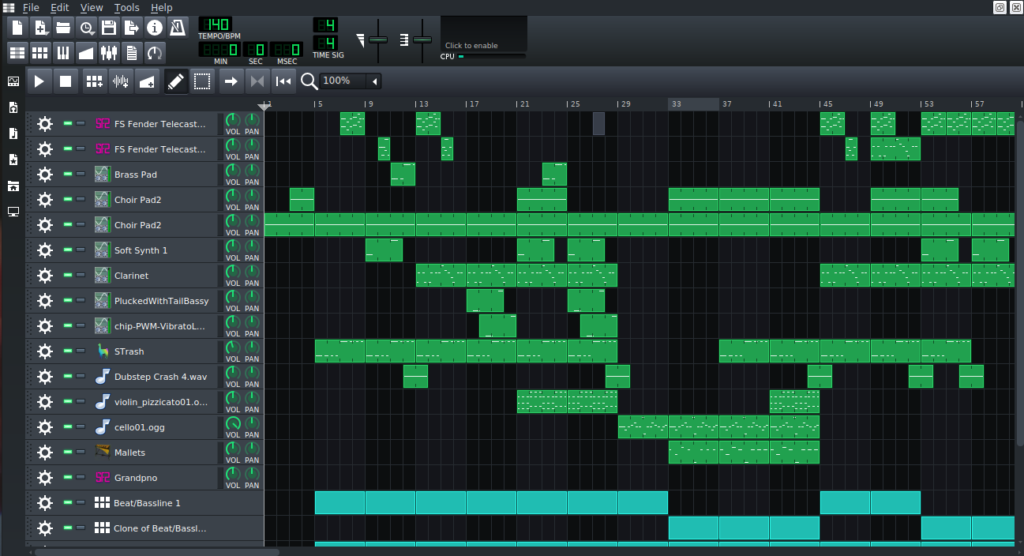
LMMS in Professional Settings
LMMS’s professional use is evidenced by its application in numerous professional music projects across a broad spectrum of genres. This versatility underlines its capability to meet the demands of professional music production, providing artists and producers with a robust toolset at no cost. The adoption of LMMS by industry professionals highlights its comprehensive feature set, challenging the notion that free software cannot meet professional standards.
The software’s community and open-source development model plays a critical role in its evolution, ensuring that LMMS continually adapts and expands with new features and improvements. This model fosters a vibrant community of users who contribute to the software’s development, share insights, and support fellow users, creating a collaborative ecosystem that enhances the LMMS experience for all users.
The Strengths and Limitations of LMMS
LMMS has many strengths, including its no-cost availability, a comprehensive set of tools, and a supportive user community. These aspects make it a compelling choice for many music producers.
However, there are some limitations to be aware of. For instance, LMMS might fall short in areas like advanced audio editing and compatibility with certain proprietary plugins. Nevertheless, the LMMS community is active in finding workarounds and solutions, which helps to mitigate these issues.
Take a look at our Comparison review between LMMS vs FL studio or our Best DAW Software for beginners guide
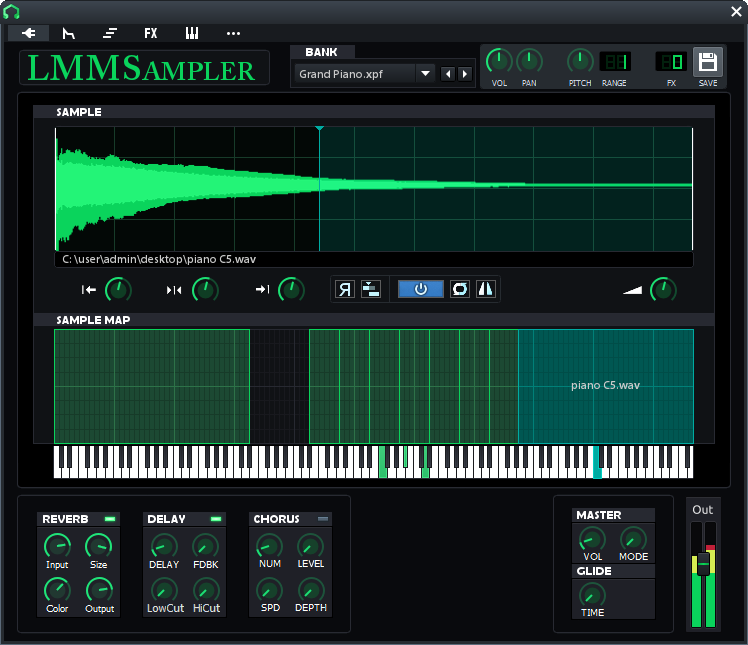
Enhancing Your Workflow with LMMS
To make the most out of LMMS in a professional workflow, consider the following tips:
- Utilize LMMS’s MIDI support to connect with professional music hardware, enhancing your ability to input musical data directly.
- Explore the possibility of extending LMMS with custom plugins and external applications to tailor it more closely to your project’s needs.
- Apply effective project management and collaboration strategies to make LMMS work well in studio environments and team projects.
Conclusion
So, is LMMS professional enough? It definitely can be, especially if you’re careful about how you use it and take advantage of its strong points. It’s great for people who are watching their budget or like being part of a community that’s all about making the software better. In the end, whether LMMS is right for you depends on what you need for your music projects.
FAQ
Is LMMS suitable for all genres of music?
Yes, LMMS’s wide range of virtual instruments and effects makes it adaptable for producing various music genres, from electronic to classical.
Can LMMS be used for live performances?
While primarily designed for studio use, LMMS can be adapted for live performance settings with the right setup and external tools, although additional software might be necessary for enhanced stability and flexibility.
How does the LMMS community contribute to its development?
The LMMS community plays a pivotal role in its development through coding, creating custom plugins and instruments, providing feedback, and offering support to other users. This collaborative effort helps continuously improve the software and enrich the user experience.
What are the key considerations for integrating LMMS into professional workflows?
Key considerations include leveraging LMMS’s MIDI support for hardware integration, utilizing custom plugins and external applications for expanded capabilities, and employing effective project management and collaboration strategies to optimize studio operations.


